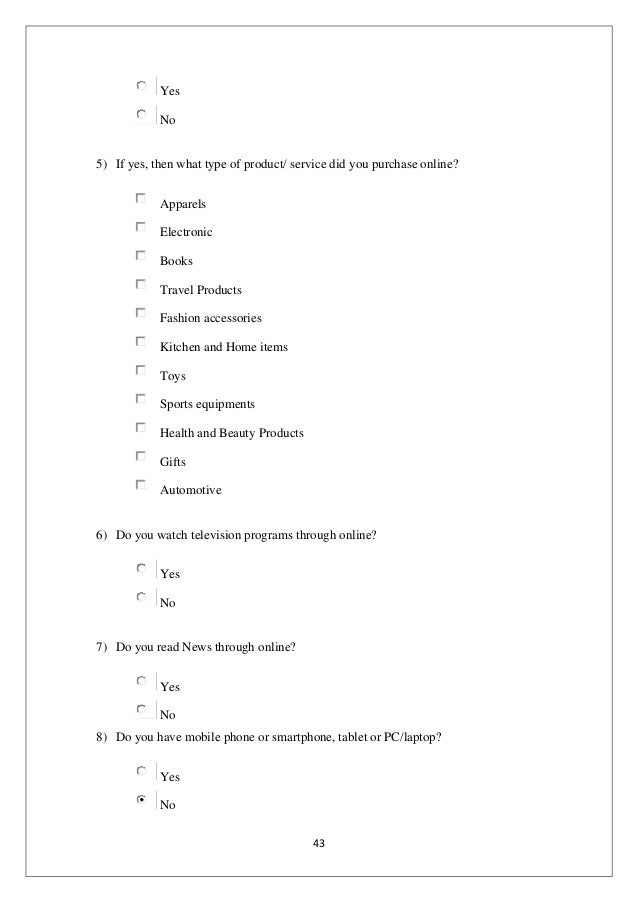Sport And Exercise Psychology A Canadian Perspective Ebooking
Infineon Trusted Platform Module Driver- Download Special Version more. Sport And Exercise Psychology A Canadian Perspective 2nd Edition Summary: Bibme free bibliography citation maker mla apa chicago harvard brief. Sport and Exercise Psychology: A Canadian Perspective, Third Edition, is written specifically for a Canadian introductory undergraduate course in sport and exercise. Sport and Exercise Psychology: A Canadian Perspective (3rd Edition) [Peter R. Crocker] on Amazon.com. *FREE* shipping on qualifying offers.
This work is protected by local and international copyright laws and is provided solely for the use of instructors in teaching their courses and assessing student learning. Dissemination or sale of any part of this work (including on the World Wide Web) will destroy the integrity of the work and is not permitted. The work and materials from this site should never be made available to students except by instructors using the accompanying text in their classes.
All recipients of this work are expected to abide by these restrictions and to honor the intended pedagogical purposes and the needs of other instructors who rely on these materials. Third, the book highlights research by Canadian scholars while recognizing the contribution of other scholars around the world. The 15 chapters of this book present the key topics covered in a typical introductory course. Depending on the needs of specific courses, some educators may wish to cover psychological interventions (Chapter 7) before covering the chapters on group processes, leadership, aging, exercise and mental health, body image, and physical activity interventions. Chapter 1 provides an overview of the field. Topics include the diverse nature of sport and exercise psychology, differences in career orientations and educational training opportunities, a brief history of sport and exercise psychology in Canada and the world, ethics in sport and exercise psychology, and a basic primer in research methods and the importance of evidence-based practice. It concludes with predicted trends in the field.


Chapter 2 examines personality perspectives in sport and exercise. It covers conceptions of personality, ethics related to measuring personality, and the limitations of personality in explaining athletic behaviour and performance as well as exercise behaviour. How To Get Your Competition Fired Pdf To Jpg more. The chapter also emphasizes contemporary topics in sport and exercise personality, including the ‘Five-Factor Model’, competitiveness, sensation-seeking, passion, perfectionism, and mental toughness.
Chapter 3 focuses on models and principles of motivation and behavioural change in sport and exercise. It provides students with a brief review of behavioural, cognitive, and cognitive behavioural principles.
The number of theories and models of motivation applied to sport and exercise were reduced per reviewer feedback, but this chapter continues to cover the transtheoretical model, theory of planned behaviour, social cognitive theory, achievement goal theory, and self-determination theory. The chapter also discusses social approaches to motivation. Chapter 4 discusses stress, emotion, and coping in sport and exercise.